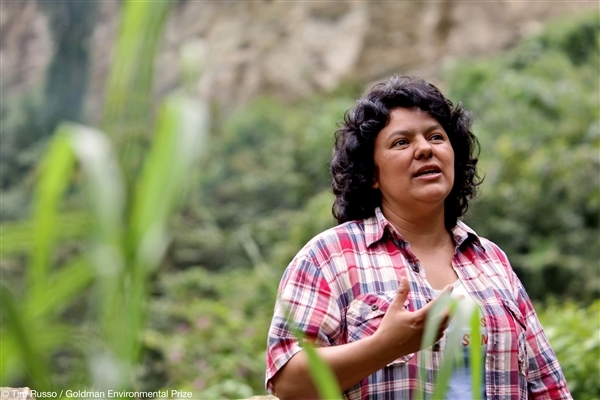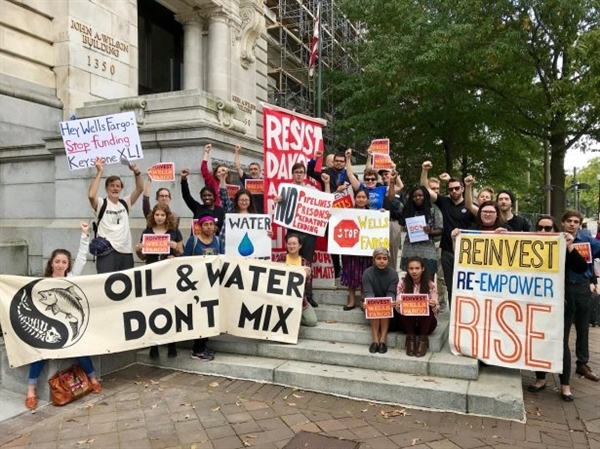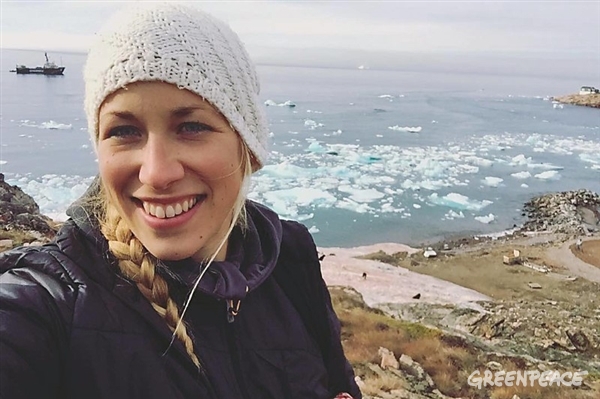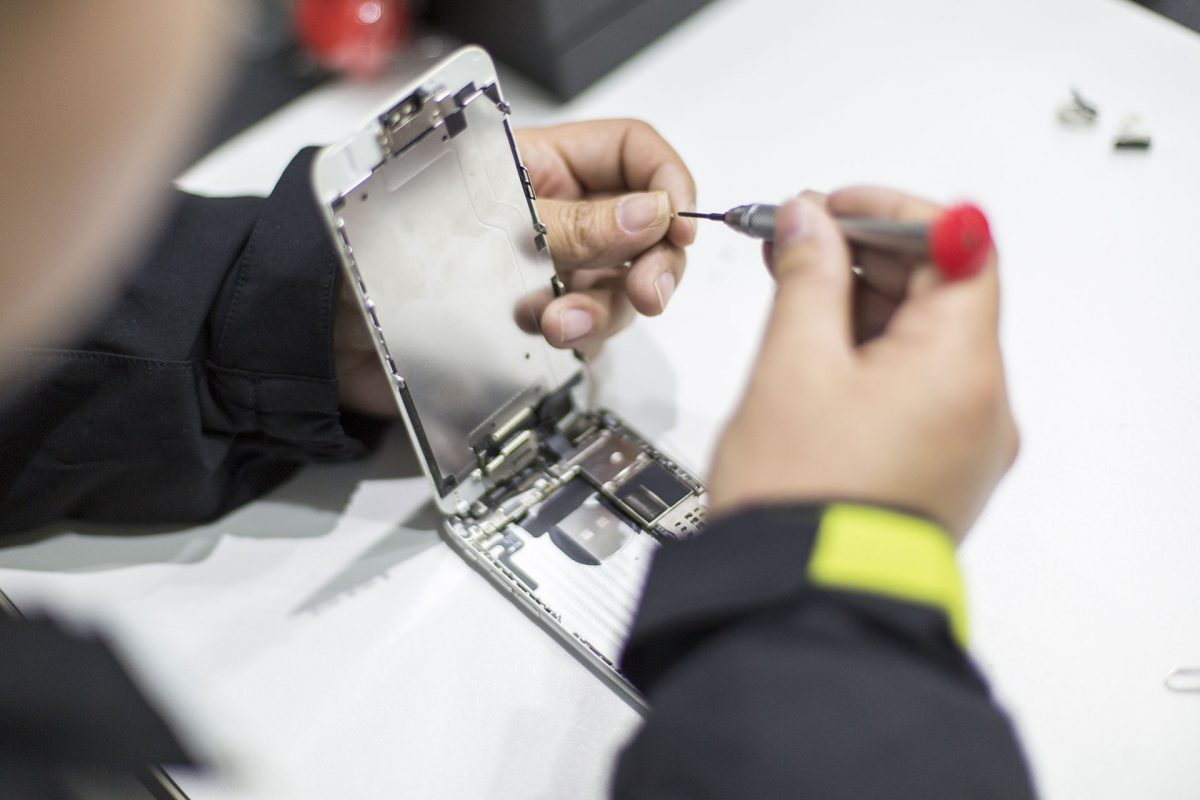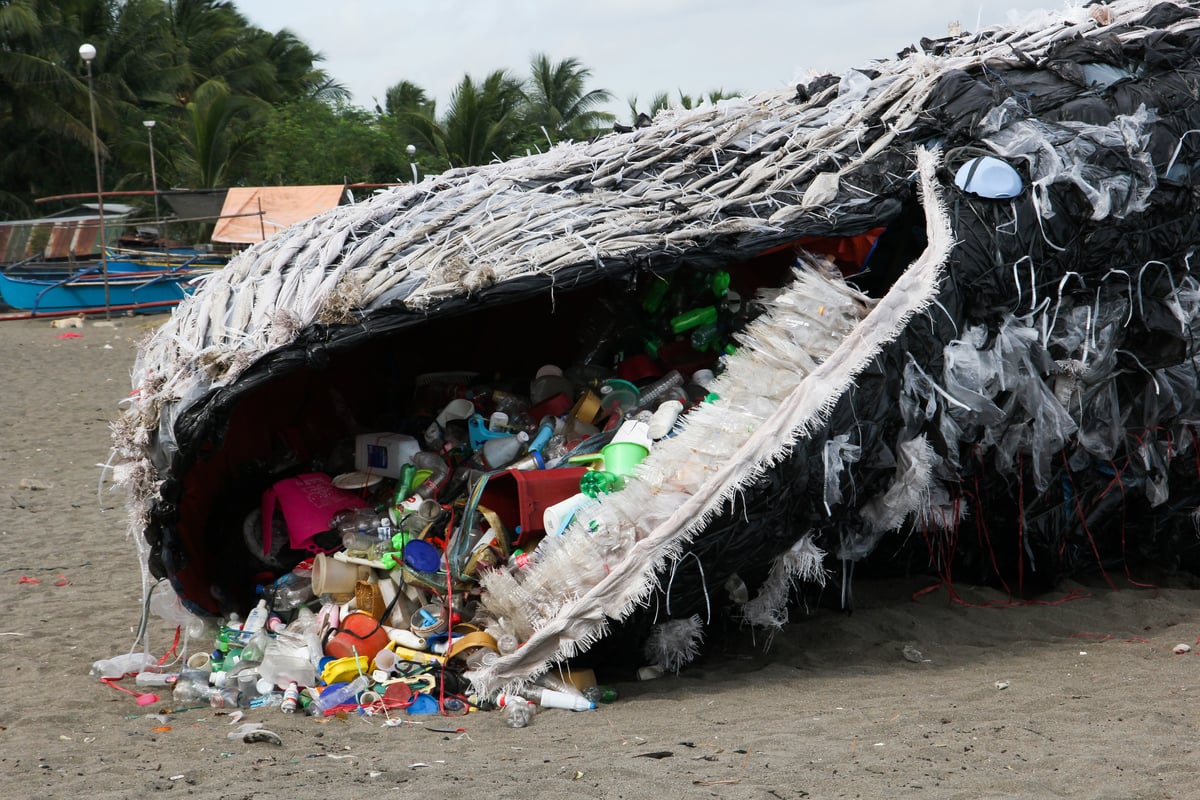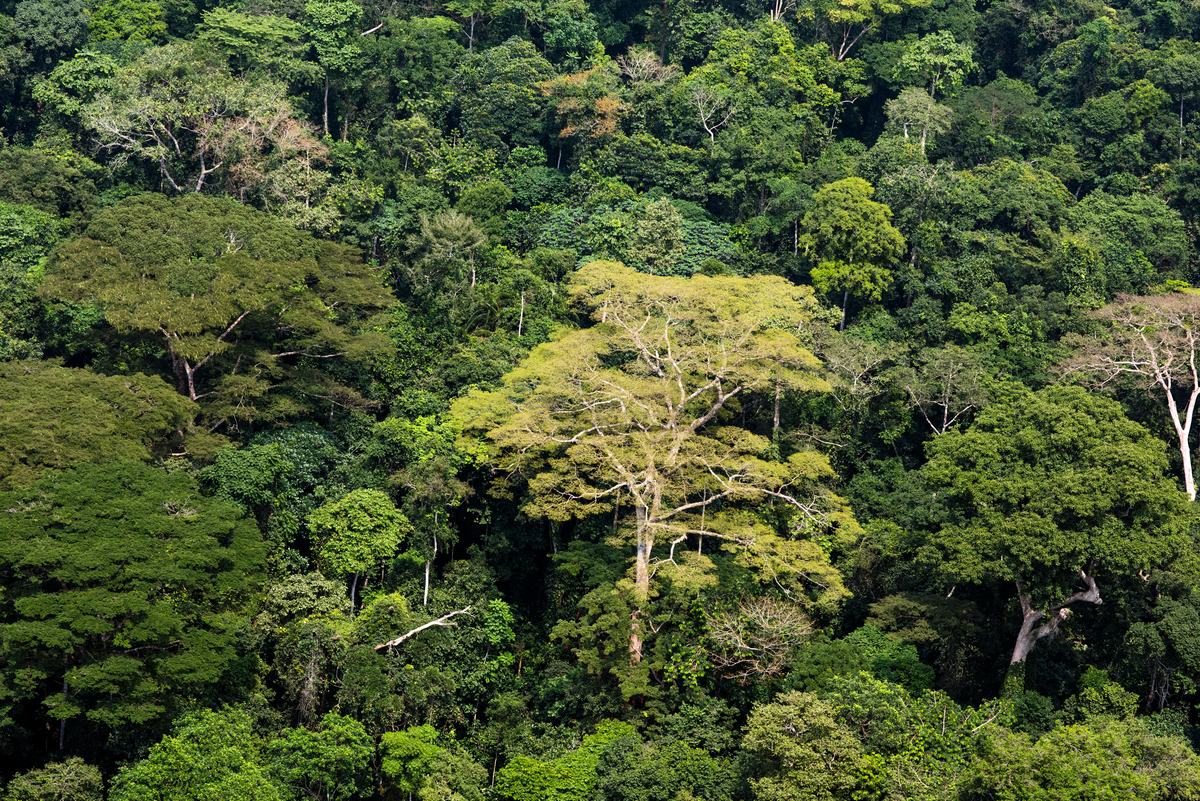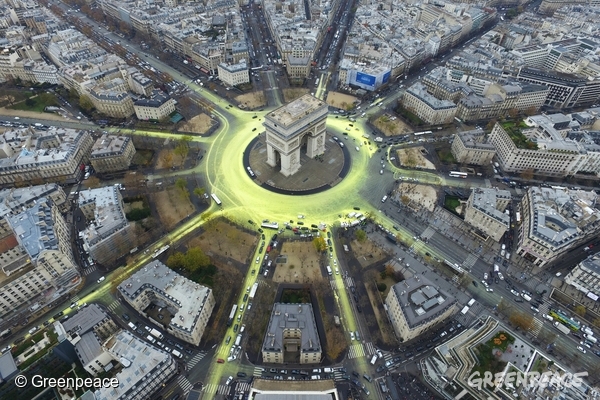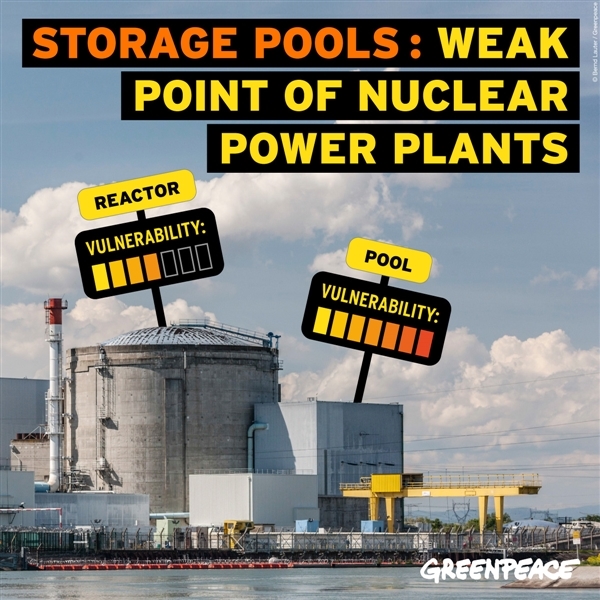All articles
-
Mazaska Talks: how you can help stop dirty oil projects
Last week, people around the world called on banks financing harmful fossil fuel projects to clean up their acts. Projects like the Dakota Access Pipeline and tar sands pipelines threaten a healthy environment and do not have consent from Indigenous communities whose territories they cross. Responsible banks should not be supporting them.
-
5 reasons why coal is on the way out
While some politicians – ahem, Trump! – are trying to prop up the fossil fuel industry, there’s been a quiet revolution happening around the world. People are ditching coal –…
-
We are all deeply feeling the loss of a friend and colleague
It is with heavy hearts that we can confirm that our dear friend and colleague Carolina Nyberg-Steiser, 29, from Greenpeace Nordic has died in a tragic accident in the Amazon.
-
Give the Congo Basin forest a chance
Approaching the forest in the Congo, I am met with an overwhelming wall of green. Flying over it, I see the meandering rivers merging together. I see animals drinking from the rivers, frolicking with joy in the water. Walking into the forest, I hear a chorus of teeming life – birds, lowland and mountain gorillas,…
-
Activists around Europe #RiseUp for a cleaner future
It was only two years ago when, during the Paris Climate Conference, we displayed our first giant Sun in Paris to demand that our world leaders tackle climate change by replacing dirty fossil fuels with clean renewable energy.
-
Nuclear security: power plants are poorly protected against malicious acts
The nuclear power plants around us are “The Sword of Damocles” over our heads. A new report by independent experts, submitted to authorities in France, Belgium, Germany, Switzerland and Luxembourg, questions security at French and Belgian nuclear facilities and points at their vulnerability to outside attacks. These experts are particularly concerned about a certain type…


